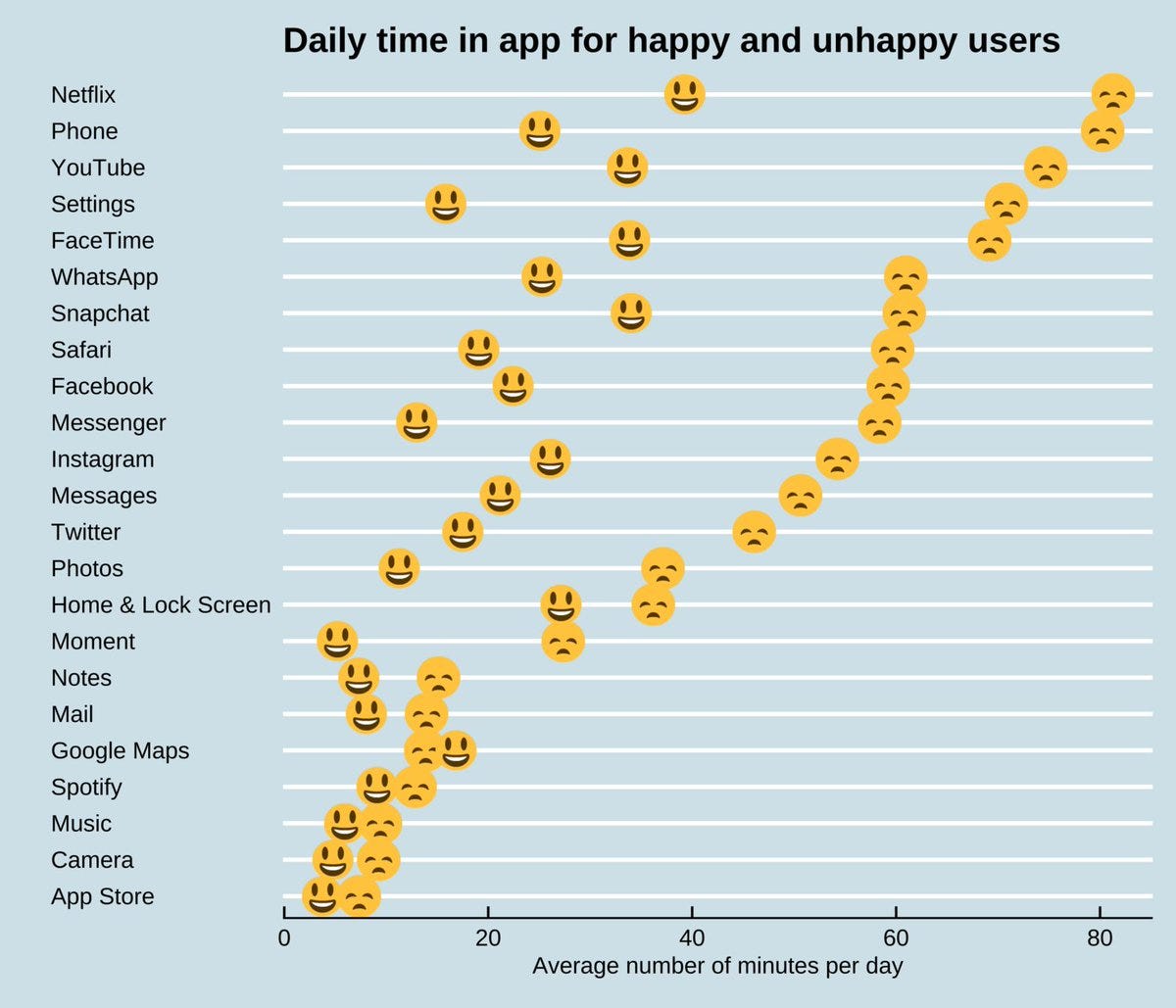well this week was existentially devastating.
i was going back and forth on sending anything out this week at all. But I found myself returning to ideas from books I’ve read that have helped me personally in the past, figured I’d share them, along with a few other resources that feel relevant.
Then there will be some advertising stuff too I guess. I dunno, we’ll see.
~~~~~
A relevant book for the moment is Man’s Search for Meaning by Viktor Frankl. It recounts his experiences as a holocaust survivor, then how he implemented this into his psychological practice after the war. Not an uplifting book, but a powerful (and short) one.
it pairs well with one of my favorite quotes:
“The most terrifying fact about the universe is not that it is hostile but that it is indifferent, but if we can come to terms with this indifference, then our existence as a species can have genuine meaning. However vast the darkness, we must supply our own light.”
―Stanley Kubrick
.////.
The rest of the stuff I am providing in a single download. It is a collection of books/readings on both why/how we got here systemically and what we can do (to various level of extremity).
(about 6 files)
////
A hard pill to swallow: gen z showed up more conservative than boomers this election.
Bet you didn’t have anything that predicted in your “gen z culture” deck. Worth reflecting on why.
/////
this is fascinating to me. Particularly that unhappy people spend so much more time in “settings” than happy people. the netflix discrepancy makes sense. And it seems pretty obvious why the only app where more time is correlated with happier users is google maps.
But unhappy users spend 4x as long twiddling with their phone settings??
I spend a lot of time in my phone settings… so this caused some inward reflection.
This feels like a pretty clear signal for a desire for control in our lives. Or that dissatisfaction with the status quo can manifest in extremely small ways. (OR, simply that sad people are on their phone more and if you’re on your phone more you by default will likely spend more time in phone settings).
////
I randomly wrote this one night before bed. Which is probably something worth talking to a therapist about. But hopefully my insanity is your gain.
////
There was a little while there when ad people talked about the Marvel Cinematic Universe a lot. It was never clear exactly how it related to advertising, but one got the sense that the MCU was something to be modeled or inspired by.
But you you know what? The MCU killed marvel.
They planned themselves to death by creating a world where everything was reliant on everything else.
They tried to create incentives to see movies …
“[character] makes an appearance!”
or
“The story from [MOVIE] connect to the story from [OTHER MOVIE]!”
But what they did was add friction.
“Well I am going to wait to see [MOVIE] until I’ve seen [TV SHOW]”
Two lessons to be learned here…
Don’t over strategize. Guiding principles last longer than intricate plans.
Removing Friction > adding incentives
////
////
What does slow AI look like? We’ve automatically assumed that the way we interact with it is instantaneous. Are we sure that’s right? Would it be interesting to be able to say to an AI, Look, over the next three or four months, can you give me some ideas about holidays in Greece? Do we want to make that decision immediately? I don’t think we do. I think we want to see things, refine things, consider things. I think we want to mull them over. I think we want to discuss them.
via Rory Sutherland’s Are We Too Impatient to Be Intelligent?
from the same article:
Similarly, the valuable part of advertising is, to some extent, the process of producing it, not the advertising itself. Because it forces you to ask questions about a business which people mostly never get around to asking: What do we stand for? What’s our function? Who do we appeal to? Who’s our target audience? How do we present ourselves? How do we differentiate ourselves? How do we make ourselves look different and feel valuable to the people who encounter us?
This is interesting. The challenge is of course making anything come of the answers once they are agreed upon.
////
There is a book for expecting parents called “Expecting Better – by Emily Oster, a professor of economics. The whole premise is applying the data driven approach of economics to raising a child. An “evidence based approach”
It is a very popular book. I read it. And I subscribed to the approach of “well let’s look what the evidence says”
But economists notoriously miss the mark because they assume everything can be measured. Or, they assume measurements to be more than a log of past events.
I’m not going to get into why I dropped the approach from my parenting philosophy. But I can explain the books popularity… Being a new parent is fucking terrifying. Numbers absolve us of the responsibility to make our own choices. Some things are useful to measure.. the benefits of vaccines or the impact a pricing changes on sales velocity.
But something can’t be measured. And often those are the most important things of all.
So, parents and brand managers alike… try and do the thing that is most important, not the thing that is most easily measured.
////
////
////
“All of us who professionally use the mass media are the shapers of society. We can vulgarize that society. We can brutalize it. Or we can help lift it onto a higher level.”
WEEKLY MONSTER
started doing some mixed media/collage again.
~
Go do something nice for someone.










I'm literally obsessed with your newsletter and all your work Alex. I got recommended your work by a strategist working in Amsterdam as an example to show more of my strategic thinking for creating my portfolio (jr strategist trying to land 1st strat role). After being at uni for years my thinking was put in a steel box and your scraps are challenging this box everyday. THANK YOU. I'm gonna turn a paid subscriber once I reach a milestone of landing my first role in Ams :)